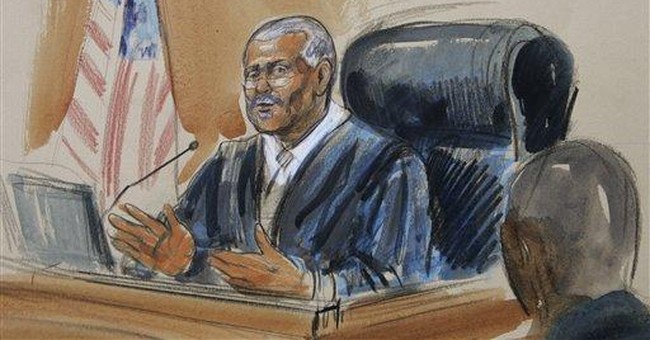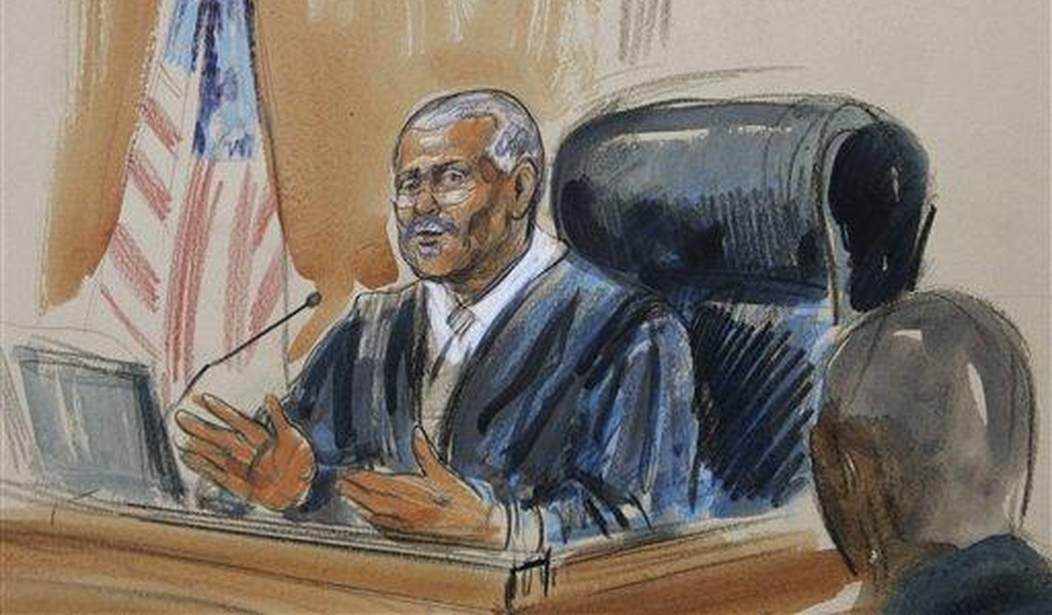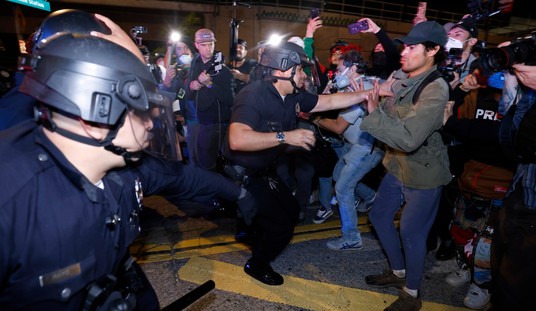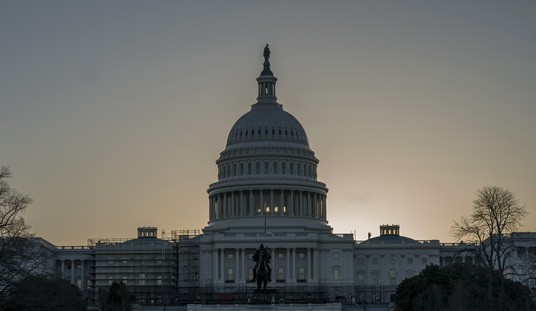
Earlier today, the Court of Appeals for the DC Circuit issued an extraordinary order — on its own motion — directing Judge Sullivan himself to file a response to the Petition for Writ of Mandamus filed by Gen. Flynn earlier this week.
In more than 30 years of practicing law, almost exclusively in federal courts, I have never seen a federal appeals court direct a district court judge to personally respond to a litigant’s motion, petition, or appeal.
As significant, in my opinion, is that the Order directs Judge Sullivan to address the Rule 48(a) issue in relation to the Circuit Court’s earlier decision in United States v. Fokker Services.
As many reading this are probably aware, I wrote extensively on the Fokker Services decision in this story and concluded that it left Judge Sullivan no choice other than to grant the Department of Justice’s Motion to Dismiss the case against General Flynn. You can read that story here — Recent Decisions of Court of Appeals for DC Circuit Show Sullivan Must Dismiss Flynn Case.
As I said in that piece, the following language in the Fokker Services case is the reason for the Court’s focus as set forth in today’s Order because there seems to be no way around the following:
While the exclusion of time is subject to “the approval of the court,” there is no ground for reading that provision to confer free-ranging authority in district courts to scrutinize the prosecution’s discretionary charging decisions. Rather, we read the statute against the background of settled constitutional understandings under which authority over criminal charging decisions resides fundamentally with the Executive, without the involvement of—and without oversight power in—the Judiciary.
Recall that the Fokker Services case involved a question about language in the “Speedy Trial Act,” a statute passed by Congress and signed into law by the President. That statute provides that agreements between the parties to “exclude time” under the provisions of the Act are only effective with “approval of the court.” Rule 48(a) — a procedural rule, not a statute — requires “leave of court” before a government motion to dismiss a criminal case will be granted.
The key to the ruling by the DC Circuit in Fokker Services — as I said in my earlier story — is the point made by the Court there that the kind of “discretion” conferred upon trial courts by language such as that found in the Speedy Trial Act must be interpreted against the backdrop of the constitutional framework that places certain discretionary decision-making solely in the province of a different branch of the government. So, while a district court need not be a “rubber stamp” in granting “approval” to exclude time — the question before it in Fokker Services — that does not mean a district court can rely on that authority as a basis to conduct a review of the justification offered when the issue in question involves discretionary decision-making on matters solely committed to the Executive Branch.
That Judge Sullivan might disagree with the rationale advanced by the DOJ in the motion to dismiss is not pertinent to a determination of whether the motion is properly grounded — and the “leave of court” condition is most properly read as only requiring that such a motion be properly grounded — i.e, there is a factual and/or legal reason for the decision. Because it’s not necessary for Judge Sullivan to agree or accept the rationale put forth in the motion for dismissal to be called for, there is no purpose to be served by the searching inquiry he seems determined to conduct. Unless he can identify in his response a potential course of inquiry that leads to something other than a possible disagreement with the motion on factual and/or legal grounds, the Appeals Court is likely to grant the Petition and issue a Writ of Mandamus directing Judge Sullivan to dismiss the case forthwith.
Lastly, depending on the tenor and tone of his response, he could be opening himself up to a Writ of Mandamus directing that the case be reassigned to another district court judge for a decision on all pending motions. That might ultimately be the simplest path for the Court of Appeals to take, and would not necessitate that it weigh in at all on the substance of the procedural question raised by the Petition.
One thing to watch closely in terms of how Judge Sullivan responds — the Order issued today does not block his ability to allow amicus briefs to be filed. He could respond by delivering a sudden flurry of orders granting leave of court for the filing of individual amicus briefs, most of which will be aimed at providing to Judge Sullivan exactly the response that the Appeals Court has directed him to provide.














Join the conversation as a VIP Member